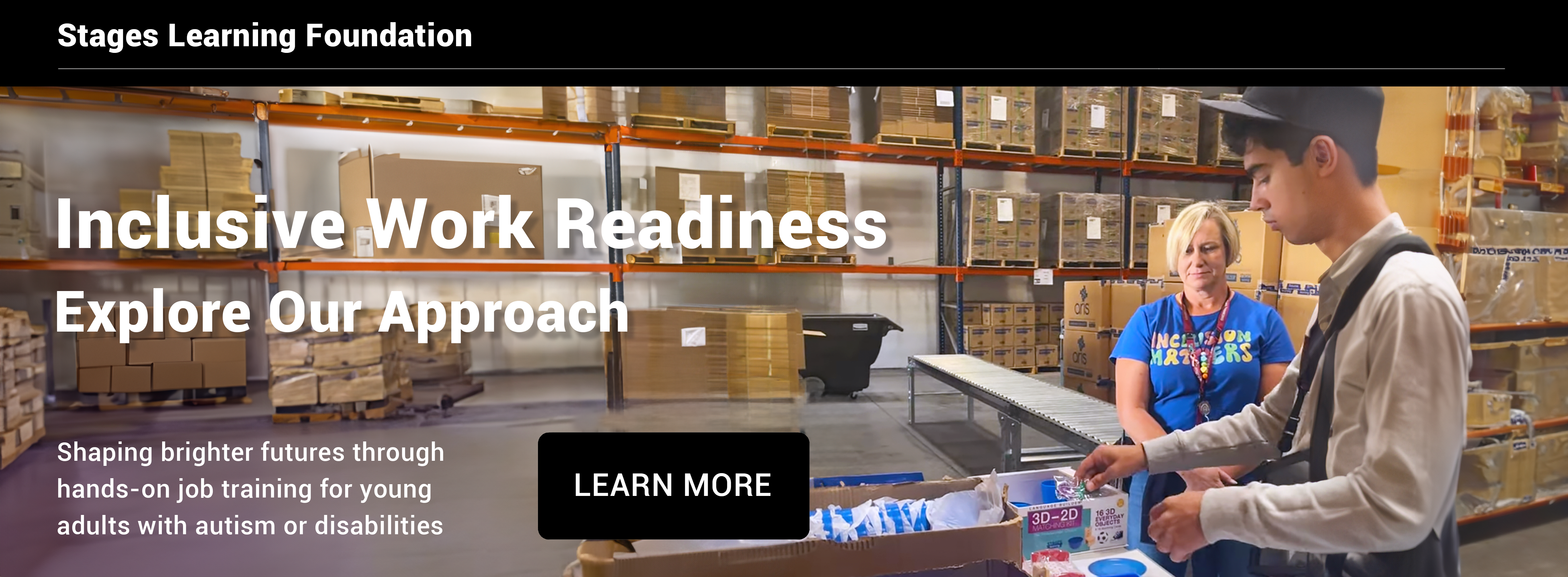Work Environments, Adjustments for Autistic Employees
Advice for entering the job world
It is common knowledge that people with disabilities tend to experience higher rates of unemployment and underemployment. Many employers seem to be unwilling to give disabled individuals a chance when they feel that their company’s success is at stake. However, according to the latest employment statistics, autistic adults are the most unemployed group when all individuals with disabilities are compared. The social idiosyncrasies of this group may lead employers to believe that they cannot complete the necessary tasks for the position, which is an incorrect assumption. As someone with Asperger’s, I too have struggled to find full-time employment, but my knowledge of what makes an ideal working environment has been very helpful in my journey. I would like to share my thoughts in this regard, and I hope that you find my advice to be beneficial as you enter the working world.
Advice for Autistic Job Seekers
-
Consider Needed Accommodations
When you are looking for a new job, you should consider the types of accommodations that you may need. For example, I know that many autistic people would like to work in a small environment with few distractions, as they may become overwhelmed with the large amount of stimuli present in a more busy setting. Others may not feel that they need any accommodations, as their experience and abilities are in line with the requirements of the company. When it comes to my needs, I like to work in an environment where I can independently show my skills while still being able to seek help when I need it. I also tend to “hyperfocus” on the work tasks that I am given, which means that I am not as distracted by background noise as other autistic individuals. Although these types of work settings have worked for me, they may not work for everyone. Instead, autistic workers should seek an environment that works for them as individuals, as every case of autism presents itself in a uniquely different manner.

-
Consider Working from Home
It may also be a good idea to consider job opportunities where you can complete tasks at home rather than traveling to an office each day. This may help autistic individuals who may feel overwhelmed with long work days in an environment that they are not entirely comfortable in. For example, I work part-time for STAGES® Learning as a blogger, and I write my entries from home. I usually complete my work while wearing comfortable clothing and listening to my favorite songs on YouTube, which helps to place me in a positive frame of mind for writing. These types of calming strategies would not be possible in a more formal work situation, and I appreciate having the opportunity to work from home as a result. A counter-argument may be made that social development will not occur if an autistic person works from home. I find this to not be the case, as social interaction can occur in other realms of the individual’s life. The individual can participate in activities with their family or friends and can seek out social interaction through social clubs that are based on their areas of interest. This may take some social initiative on the part of the autistic individual, but the happiness of a comfortable work situation and an active social life is more than worth it.
Advice for Employers of Autistic Individuals
-
Be Open-Minded
This next tip is for employers who are seeking advice about hiring autistic people. I would recommend being as open-minded as possible when offering an autistic worker a place on your team. We sometimes may need time to adjust to the new work situation before feeling completely comfortable, and so employers should be mindful of this fact if we initially do not talk as much as other employees during group discussions. As time progresses, we will become more open about our ideas and may even be some of your most thoughtful and creative employees.
-
I would also recommend that employers give constructive feedback calmly and respectfully rather than in a way that is confrontational or abrupt. Autistic people often make a great effort to follow directions for assigned tasks, and so we are often upset with ourselves when we are told that we are not meeting expectations. This upset can lead to feeling overwhelmed when a supervisor appears to be angry or hostile, which can lead to the situation escalating. To prevent this type of situation, an employer should give feedback in a way that shows that they are invested in the success of the employee. Do this by explicitly telling the employee that the feedback is meant to help them be successful with similar tasks in the future, as autistic people may not know this and may fixate on the negative feedback due to their strong feelings of disappointment. Present Feedback Calmly and Respectfully
Present Feedback Calmly and Respectfully
Since I finished college, I have had a very difficult time finding full-time employment. I have spent my days completing a variety of internships in my area of interest while working part-time as a blogger. However, I have been very thankful to have supervisors who were very understanding of my needs as an autistic person. I have also had the opportunity to volunteer for a start-up organization, AspergerWorks, that has the ultimate goal of providing services to autistic adults in the workplace. The purpose of this blog entry, though, is not to talk about my experiences. It is to help autistic individuals and their families make the most out of their employment search and to help employers become more aware of the accommodations that their autistic employees may need. My dream is for all autistic individuals to find work that they enjoy and feel comfortable with, and I will do everything in my power to make sure that this happens.
Note: shortly after writing this piece, Nathan Hughes was offered work as a full-time skills specialist. He will be working with students with disabilities as they aim to gain employment and independence skills. Congratulations Nathan!

Nathan Hughes
Nathan Hughes is a recent graduate of Lesley University, where he received his Master’s Degree in Education of Students with Moderate Disabilities in Grades 5-12. He is also a graduate of Salem State University, where he received a Bachelor’s Degree in English. As someone who is on the autism spectrum, Nathan’s goal is to work in educational research and to contribute to a better understanding of autism.




